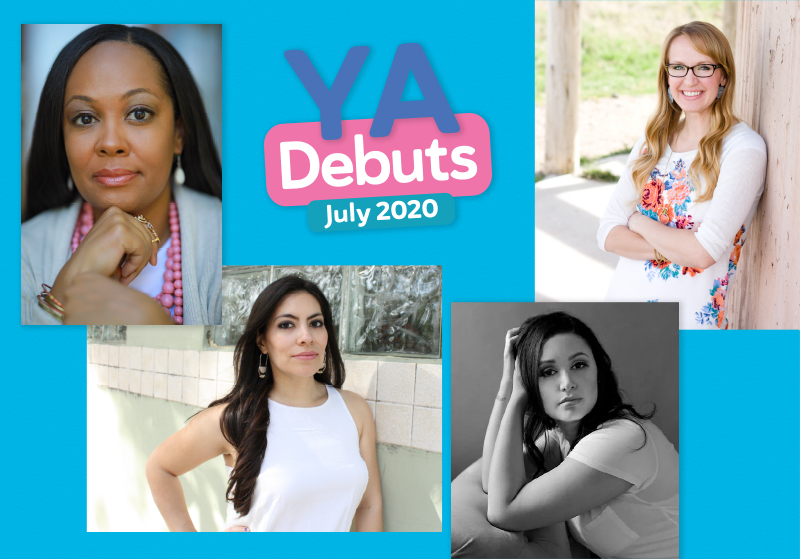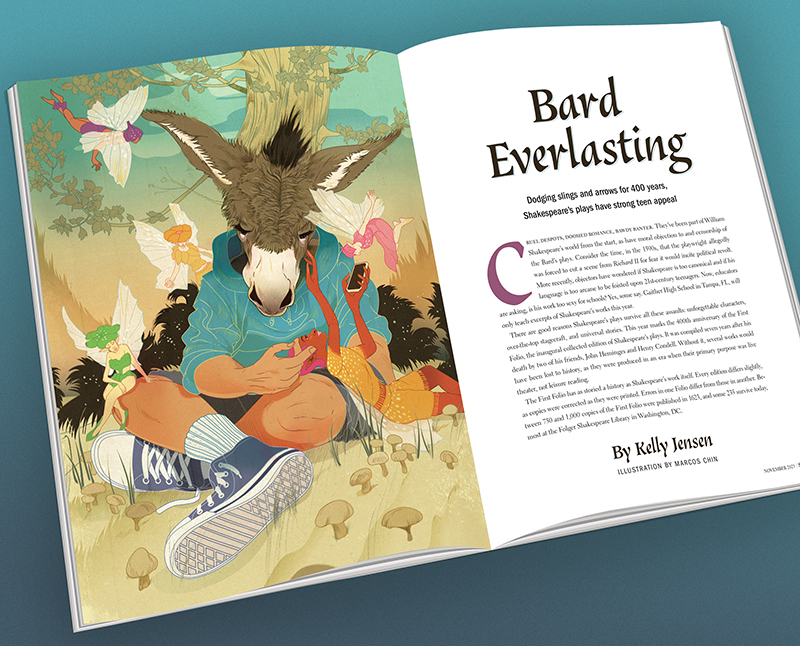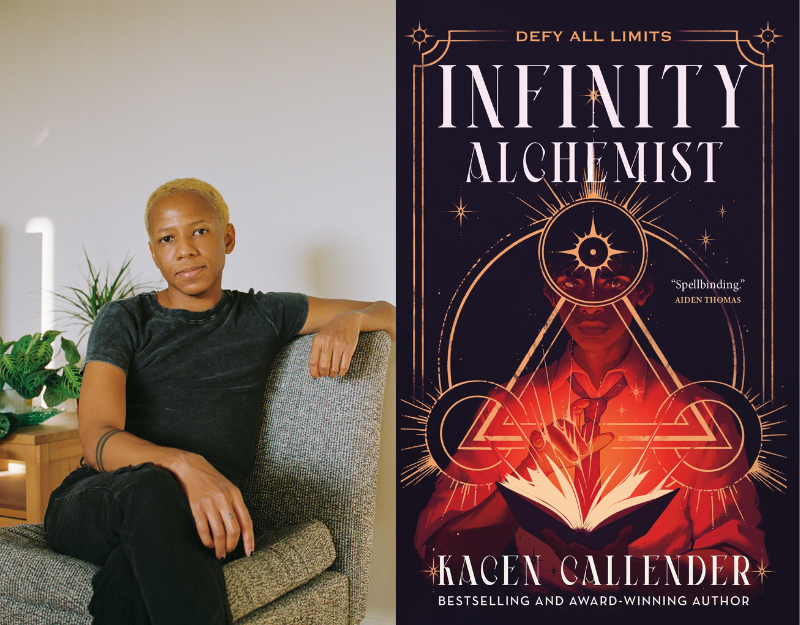Finding the Drama: How I used Musical Theatre to inspire my first novel, Sing Like No One’s Listening, a guest post by Vanessa Jones

“Hi, Vanessa? It’s Eleanor here. From the novel-writing program. I was just checking you’re still joining us for our first session tomorrow.”
“Oh! Um. . .”
I’d forgotten I’d signed up to the writing course. The new term had started at my eldest’s school, I’d just finished putting on a fundraising show with my theatre students, my youngest had gone from placid baby to incredibly-active-toddler overnight, and things were…hectic. Was this the time to be starting something new? More to the point, was I brave enough? I’d always loved writing as a child. But more recently, I’d tried writing a musical, several times, and failed miserably. Would it be the same with a novel?
Not wanting to let anyone down, I went along to the first session, terrified—my fears promptly made worse by the fact that I was in a class with a BBC comedy commissioner, a TV producer, a Hollywood movie editor, a journalist, and the head of news for a big radio station. When it came my turn to introduce myself, I felt my knees shaking. “Hello, my name’s Vanessa and I used to be a West End performer, but now I’m a singing teacher,” I mumbled, embarrassed by my lack of credentials.
ADVERTISEMENT
ADVERTISEMENT
We started small. Set a scene. Describe a place. Write a short piece of dialogue. It wasn’t until we had to build a character that I had anything I felt comfortable reading out. But for some reason, this particular character just walked into my head, pretty much fully formed. I’d known her before, you see, several times during my career in the West End. And if I didn’t know her, I’d heard the stories she’d experienced. The fearsome ballet teacher. The formidable director. The cut-throat choreographer. I read her out, and as I did, I realised that I’d actually written two characters: the powerful, intimidating matriarch and the terrified young girl describing her. The rest of the class loved the idea, and my tutor suggested I expanded the two characters into a scene. Which I did, drawing from my own experiences of stage fright years before. The scene became two chapters, then five characters, then half an idea of a plot for a teen love story set in a performing arts college. But sculpting it into a whole novel? How would I do that?
It was Eleanor who gave me the idea.
“You’re writing about the theatre world, right?” she said.
“Uh, yeah.”
“Well, use that. Use musical theatre.”
I thought about what she’d said. What was I writing? A teen romance. And where do you find more teen romances than anywhere else? In musicals. Teen meets teen, teen sings teen a song declaring love, teen fights with teen, teens kiss. . . Wasn’t my book just that—a musical? It had all the ingredients, after all: the thrill of first love; the mistaken identity; the setting—I’d even created a world where people do just break out into song for no particular reason (well, usually for class, but you get what I mean). Suddenly, I knew what to do.
I started studying musical comedies. Not in the way I had as a performer, when I was focused on script and subtext and harmonies. Now I was looking at structure, musical themes, character arcs. I watched a hundred meet-cutes. I listened to a thousand eleven o’clock numbers. I worked out how and when I wanted that moment of change to happen for my main character. I planned the climax of the story to happen onstage with all the cast present, just as the final scene often does in a musical. I looked at my two romantic leads, as I was now calling them, and made sure their chemistry was there all the way through. And I upped the comedy. Very soon, I had a first draft. Not one that I’d be happy letting anyone read, but a first draft, nevertheless.
I cut and polished, rewrote, cut some more, and then gave the book to my group for feedback. Like any good performer, I “took the note”, as we say in theatre, and used the group’s constructive criticism to shape the plot, hone the characters.
And then? I got lucky. Twice. I guess you might call it the magic of musical theatre. The agent I was desperate to be represented by just happened to come from a theatre-loving family and had two daughters who’d gone through ballet school. I signed with her almost straight away. And then the editor who took my book on? Musical obsessed. Probably even more so than me. At my first meeting with the publishing house, he’d pretty much wallpapered the room with sheet music. When I looked closer, I realised that it was the chorus from every song mentioned in my book. Talk about a meet-cute.
Since then, a lot has happened. I’m just finishing edits for the follow-up, Dance Like No One’s Watching, and I’ve also written two other novels. I’m an author now, first and foremost. But I’ll always be grateful to musical theatre, both for my career as a performer, and for giving me a helpful nudge in the right direction when I was writing my first novel. Who knows? Maybe one day I’ll get to see Sing performed onstage, and then I’ll have finally written that musical.
Meet Vanessa Jones

ADVERTISEMENT
ADVERTISEMENT
Vanessa Jones was born and raised in England. As a kid, she was obsessed with two things: musicals and books. These obsessions continued way into adulthood, first during her career as a Musical Theatre actor in West End shows like Sister Act, Grease, and Mary Poppins, and then as an author. She now writes books and lives in Kent with her husband (a fellow Mary Poppins chimney sweep she met when they were both performing), and their two children. Sing Like No One’s Listening is her first YA novel.
Follow Vanessa: Website | Twitter | Instagram | Facebook
Find Vanessa’s book at Bookshop.org!
About Sing Like No One’s Listening

Nettie Delaney has just been accepted into a prestigious performing arts school—the very same school her superstar mother attended. With her mother’s shadow hanging over her, Nettie has her work cut out for her—and everyone is watching. To make matters worse, Nettie hasn’t been able to sing a single note since her mother died. Whenever she tries, she just clams up. But if Nettie’s going to survive a demanding first year and keep her place in a highly coveted program, she’ll have to work through her grief and deliver a showstopper or face expulsion.
All may not be lost, however, when Nettie stumbles upon a mysterious piano player in an empty studio after class. Masked behind a curtain, can Nettie summon the courage to find her voice? Or will the pressure and anxiety of performing come crashing down?
All about finding and raising your voice and not throwing away your shot, Vanessa Jones’s well-crafted journey of grief and healing will pull readers along with its strong narrative voice and satisfying sense of mystery.
ISBN-13: 9781682631942
Publisher: Peachtree Publishing Company
Publication date: 09/01/2020
Age Range: 12 – 16 Years
Filed under: Uncategorized
About Amanda MacGregor
Amanda MacGregor works in an elementary library, loves dogs, and can be found on Twitter @CiteSomething.
ADVERTISEMENT
ADVERTISEMENT
SLJ Blog Network
Name That LEGO Book Cover! (#53)
Cover Reveal and Q&A: The One and Only Googoosh with Azadeh Westergaard
Exclusive: Vol. 2 of The Weirn Books Is Coming in October | News
Fighting Public School Book Bans with the Civil Rights Act
ADVERTISEMENT







